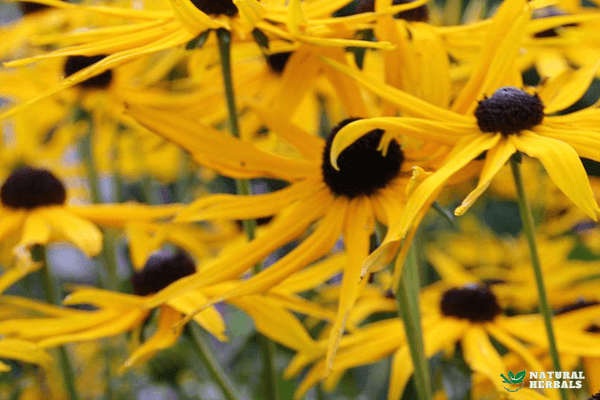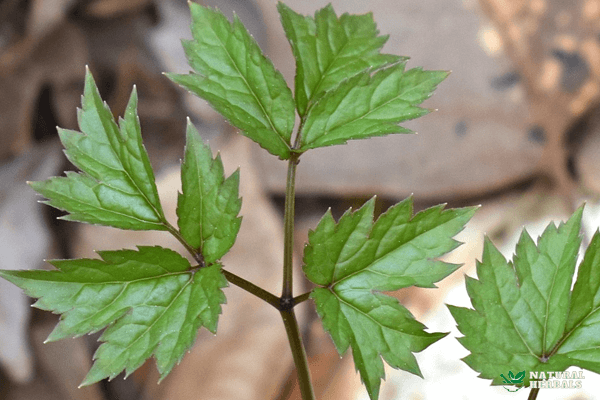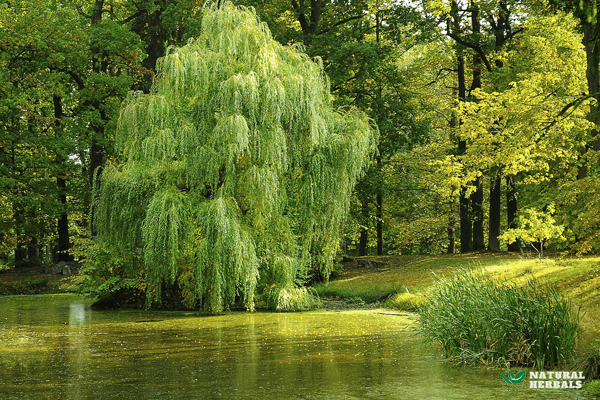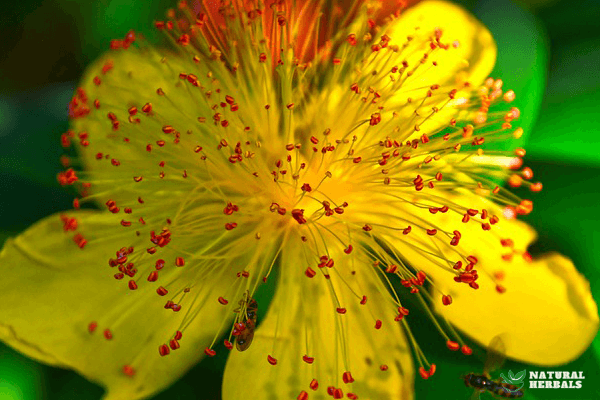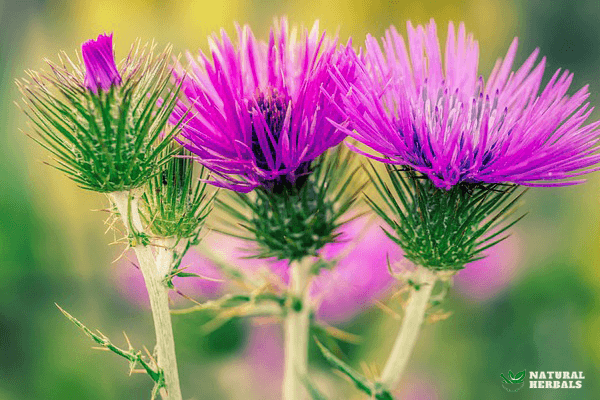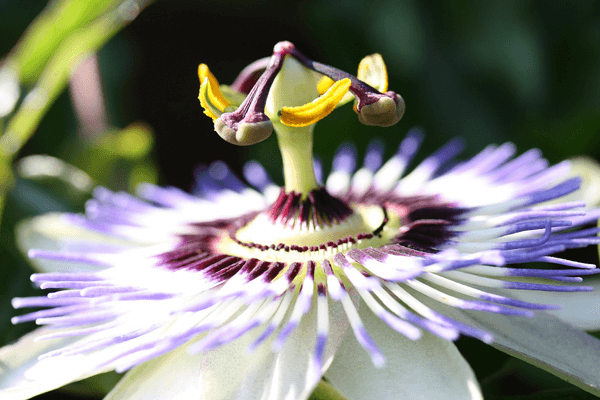
Passiflora Action
Health-promoting properties:
Passiflora has a calming effect. Reduces the level of stress and nervous tension. Helps soothe strong emotions.
In mouse studies, a change in animal behavior was observed under the influence of passionflower herb extracts. Behavioral tests showed reduced anxiety and a calming effect, as well as prolonged sleep. It is supposed that active compounds of passionflower activate receptors in the GABAergic system, which results in inhibition of nervous system function.
It makes falling asleep easier and improves the quality of sleep.
The use of passionflower results in the prolongation of the REM phase and, consequently, an improvement in the quality and depth of sleep and better regeneration.
A study was conducted in which participants consumed an infusion of Passiflora incarnata herb or parsley (placebo) before bedtime for 7 days. It was observed that among those who drank the infusion of passionflower, the quality of sleep was significantly higher than in the control group.
When To Use Passiflofa
- High stress
- Nervousness, irritability
- Strong emotions
- Sleep problems
- Meditation
- Relaxation
Passiflora Dosage And Directions For Use
Passiflora tea (cut herb):
Pour 1 to 2 teaspoons of the herb over 1 cup of water, cover, and steep for 10 to 15 minutes. Strain. Consume 3-4 glasses daily for high tension or 1 glass in the evening to improve sleep quality.
Tincture:
Proportion 1:5. 40-60% alcohol. 1-2 teaspoons (5-10 ml) 3 times a day
Passiflora Extract:
Proportion 1:1. 25% alcohol. 2-5 ml 3 times a day.
Passiflora powder:
Pour a glass of hot water over 1-2 teaspoons of ground herb. Drink it together with the herb after it has cooled down. Use before bedtime or whenever you need to relax.
Passiflora Effects
- Better sleep: ashwagandha, tryptophan.
- Relaxation: damiana, catnip, rose lotus
- Anti-anxiety/anti-stress effect: Brahmi, ashwagandha
Contraindications
Passionflower herb should not be used by pregnant women as it can cause uterine contractions. Nursing mothers should also avoid the herb. The use of pharmacological sedatives or sleeping aids together with passionflower is not advisable.
Plant Characteristics
Passionflower fruit belongs to the passionflower family. It is native to the tropical and subtropical regions of North, South, and Central America. Today it is cultivated all over the world and in Europe and Poland, it can be found in greenhouses and botanical gardens where it is grown as an ornamental plant.
Passiflora incarnata is a climber growing up to 10 m long. It has a tendril with which it climbs trees or supports. It has 3 or 5 lobed leaves with deep indentations and sharp tips. Their length ranges from 7 to 17 cm and the surface is smooth and shiny. The margins show very fine serrations. Passionflowers are some of the most unusual flowers found in nature.
They consist of a five-petaled corolla and a five-parted calyx. Above them, you can see the corolla, which looks like colored threads surrounding the radial bottom of the flower. In the center are five stamens and a pistil with a tripartite stigma. The flower color varies from white to purple to light purple, as do the sepals.
The pistil, stamens, and corolla also come in different colors. Passion fruit is oval or spherical in shape. They are covered with shiny skin that turns yellow when ripe. Inside are seeds surrounded by a glassy pulp. Interestingly, passion fruit dies over the winter and forms a new shoot in the spring.
Bibliography
- Part of the plant: herb
- Harvesting method: From conventional crops
- Traditional medicine: European
- Country of Origin: India
Health: Menopause, Addiction prevention, Sleep support, Stress, tension
Warnings: do not use if pregnant, do not use during lactation


